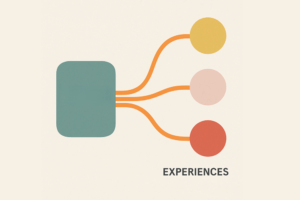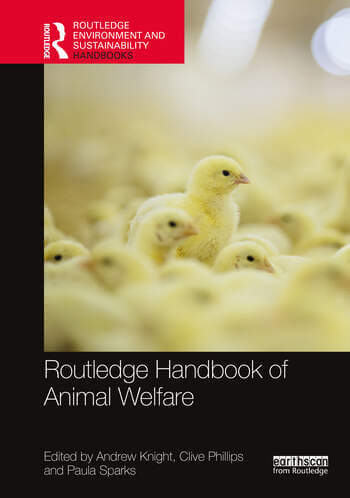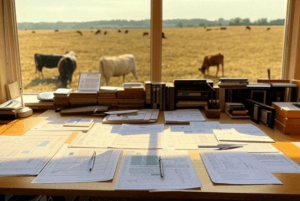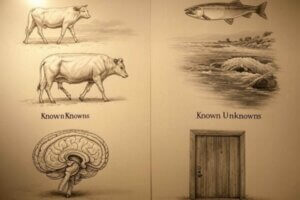
Defining Affective Experiences
How to Define Affective Experiences for Analysis: Striking the Right Level of Detail Cynthia Schuck-Paim & Wladimir Alonso The Welfare Footprint Framework (WFF) is designed to quantify the welfare impact
The Routledge Handbook of Animal Welfare, edited by Andrew Knight, Clive Phillips and Paula Sparks, can now be pre-ordered at Routledge’s site. The handbook presents a comprehensive and up-to-date exploration of the many topics in the growing field of animal welfare and law.
It was an honor to take part in this initiative. In Chapter 24 (Human Health and Animal Welfare), we describe how the impoverishment of animal health and welfare in modern animal production systems became a major driver of infectious disease emergence at a global level. We also focus on the direct effects of these systems on water and air pollution, the health of workers, and of local communities, as well as review the global health impacts of wildlife hunting, farming, trafficking, and trade. We close with a section on overconsumption of animal-sourced food as a major risk factor for non-communicable diseases, written by Dr. Eric Slywitch.
Further info at https://www.routledge.com/Routledge-Handbook-of-Animal-Welfare/Knight-Phillips-Sparks/p/book/9781032022062.

PART 1: Animal welfare fundamentals
PART 2: Animal farming, transportation and killing
PART 3: Animal use for other purposes
PART 5: Recent and emerging issues
PART 6: Animal ethics and law
PART 7: Social change for animals

How to Define Affective Experiences for Analysis: Striking the Right Level of Detail Cynthia Schuck-Paim & Wladimir Alonso The Welfare Footprint Framework (WFF) is designed to quantify the welfare impact

Confounding Factors in Welfare Comparisons of Animal Production Systems Wladimir J Alonso, Cynthia Schuck-Paim Controlled experiments—where variables are deliberately manipulated to establish cause-and-effect relationships—are the gold standard for drawing reliable

Borrowing the Knowns and Unknowns Framework to Reveal Blind Spots in Animal Welfare Science Wladimir J Alonso, Cynthia Schuck-Paim There is always a risk of fixating on what we already
